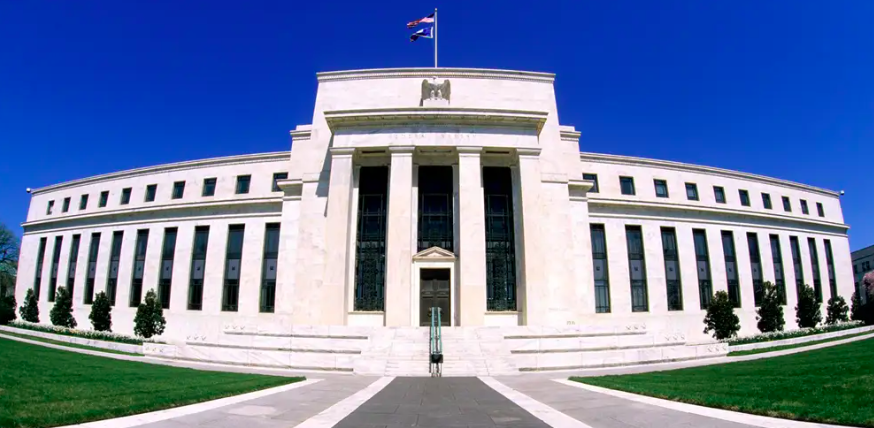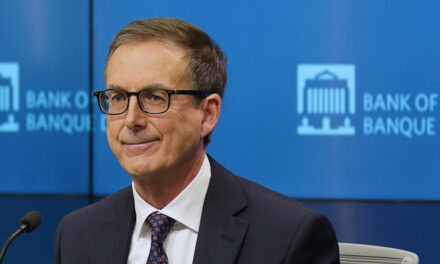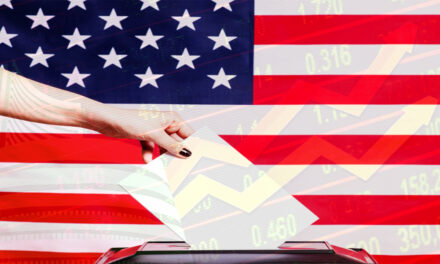The US Federal Reserve’s most recent target federal funds rate hike on Wednesday, March 22nd, marks the ninth consecutive increase since the Fed began its push to keep prices within reasonable levels after inflation shot up to a 40-year high.
However, even as inflation has begun to slow down, recent issues in the banking industry are what’s driving the most recent rate hikes. What does this mean for consumers? Also, how will this affect different aspects of personal finance?
For one thing consumer confidence in the banking sector has been seriously eroded by events like the collapse of California’s Silicon Valley Bank and the recent takeover of Credit Suisse by UBS.
According to Professor Diana Furchtgott-Roth at George Washington University, people think twice when deciding what to do with their money. Indeed, it could be said that, as people feel less well off financially, we could see a possible decrease in overall consumer spending.
Consider a Zero-balance Transfer Credit Card
Less spending would mean less credit card use – a timely notion given that the annual percentage rates for credit cards now stand at more than 20%, a substantial increase from the 16.3% rate at this time last year. Likewise, many cardholders continue to carry debt from month to month, the rising cost of living keeping them from making regular payments.
In this case, perhaps it’s time to consider a 0% balance transfer credit card which experts tout as the best possible tool for those with mounting credit card debt. The alternative to this would mean consolidating and paying off one’s high-interest revolving balance with a personal loan at lower interest rates.
The Thing About Home and Auto Loans
Housing loans and mortgages have also been affected by Fed rate hikes, so a prudent thing that potential homebuyers can do is to shop around for additional rate quotes. Shopping around for better loan rates among different lenders would enable them to save up to $1,200 a year – and that’s not a small thing these days.
With regard to those planning to buy a new car, however, experts warn that rising interest rates mean buyers may end up spending more in the coming months. Indeed, the average interest rate on a five-year new car loan now stands at 6.46%, a full 4% higher than it was at this time last year.














